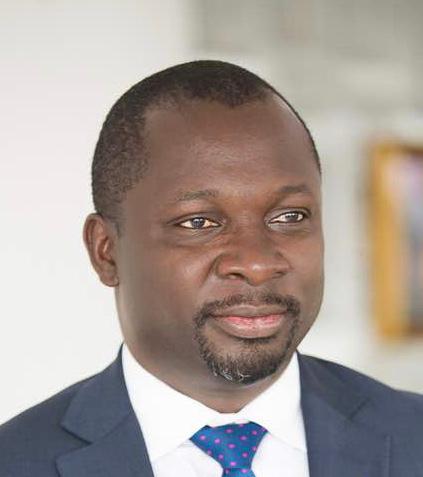Mr. John Awuah, Chief Executive Officer of the Ghana Association of Banks (GAB), has urged Africa to approach its transition into the digital economy with a clear, well-coordinated plan that combines ambition with strong safeguards.
He said the continent stood at a defining moment in the transformation of global finance and must “walk across the digital economy bridge being built with boldness, clarity and protection.”
Mr. John Awuah gave the advice at the Digital Assets Summit Africa (DASA) 2025 in Accra, held on the theme: “Unlocking Africa’s Digital Economy Through Innovation and Regulation.”
He noted that the global financial landscape was undergoing rapid and irreversible transformation not driven solely by traditional banks or government policies, but by the emergence of digital assets.
Built on blockchain and related technologies, these assets include cryptocurrencies such as Bitcoin and stablecoins pegged to fiat currencies, tokenized real-world assets and central bank digital currencies (CBDCs).
“Digital assets redefine how value is stored, transferred, and owned, creating new possibilities for cross-border trade, investment and financial inclusion,” he said.
Mr. Awuah observed that for Africa, with its young connected population and untapped potential, digital assets offer an opportunity to leapfrog several stages of financial development that took other regions decades to achieve.
However, he cautioned that such innovations also come with significant risks, including consumer fraud, money laundering, monetary policy disruptions, and threats to financial stability.
The GAB CEO said Africa’s success would depend on a blend of regulatory clarity, institutional adaptation, technological investment, and massive public education.
“To succeed as a continent, we must collaborate across banks, regulators, fintechs, and investors while investing in cybersecurity, compliance, and talent. We must legislate wisely, protecting stability without suffocating innovation,” he stated.
“If we get this right, Africa will not only keep pace with global trends but also shape them,” Mr. Awuah added.
Mr. Kwame Oppong, Head of Fintech Company Ltd., also highlighted the risks associated with digital assets, citing the volatility of unbanked digital currencies, unregulated trading platforms, cybercrime exposure, and illicit financial flows.
He said these challenges required structured, forward-looking policies built on five key principles: consumer and investor protection, financial stability and integrity, regulatory innovation and adaptability, regional harmonization, and international cooperation.
“If Ghana and Africa succeed in building robust, harmonized frameworks, digital assets could become catalysts for inclusion, economic integration, and sustainable growth,” he said.
He cautioned that fragmentation, delays, or uneven policy responses could multiply risks to economies and citizens, stressing that “securing the future of digital assets in Africa requires political will, regulatory foresight, and regional solidarity.”
Mr. Mensah Thompson, Deputy Director-General (Finance) of the Securities and Exchange Commission (SEC), Ghana, announced that licenses would soon be issued for entities to operate within the virtual assets ecosystem.
He said the initiative would cover virtual asset exchanges, wallet service providers, payment processors, tokenization platforms, investment and brokerage services, and other innovative digital asset businesses.
“These licensing frameworks will open opportunities for innovation, job creation, and responsible participation in the digital economy,” he said.
GNA









